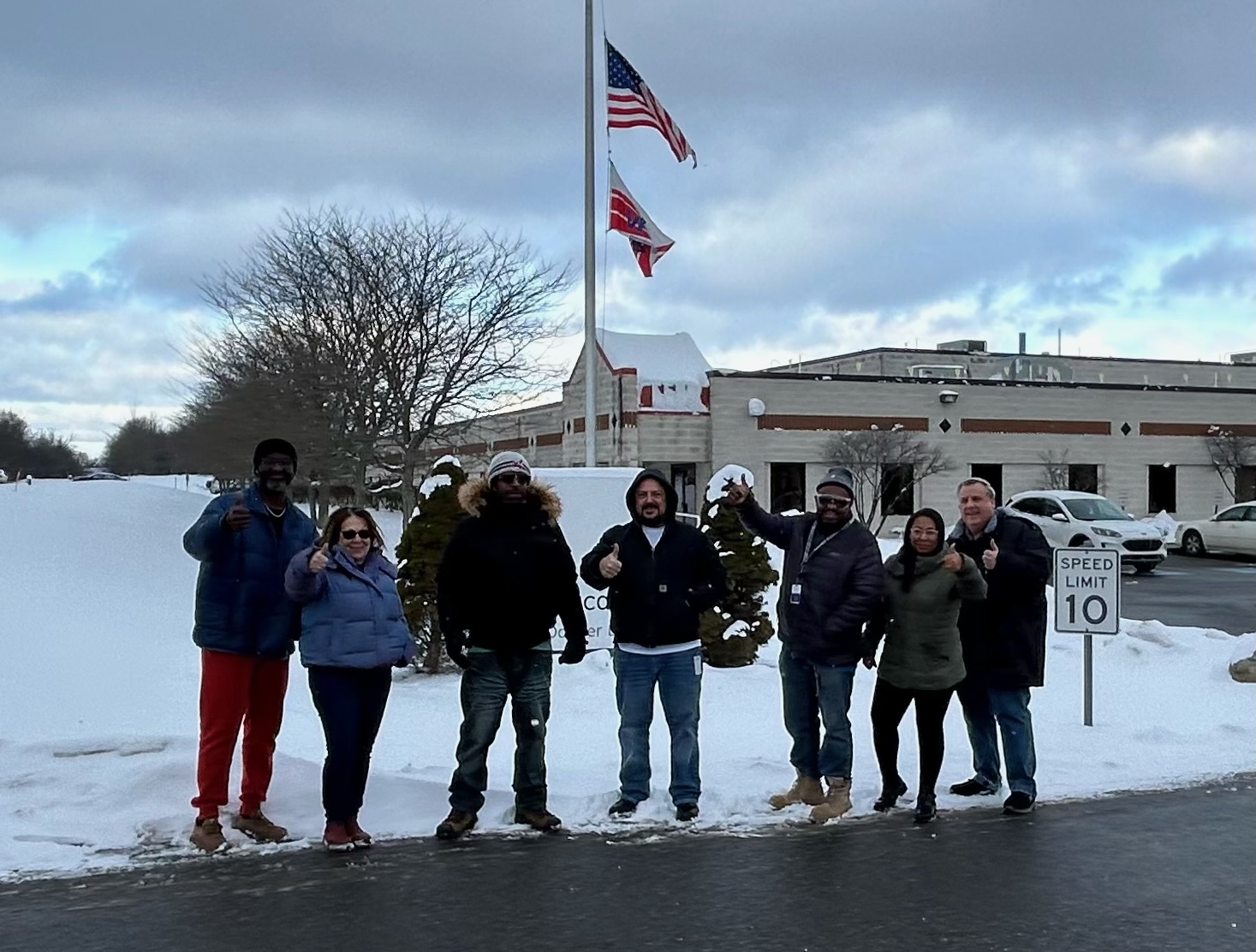911 dispatchers can now connect Londoners to mental health and addiction crisis workers

Londoners who call 911 during a mental health crisis are now being connected to trained professionals over the phone while dispatchers determine if police need to show up at the call.
The Crisis Call Diversion Program, launched in December, allows dispatchers to put a mental health and addictions worker from the Canadian Mental Health Association (CMHA) on the line to intervene early and quickly, possibly preventing the need for officers to respond.
“Our trained mental health and addiction workers can de-escalate situations, connect individuals to suitable community-based resources, and reduce the number of unnecessary hospital visits or involvement with the criminal justice system,” said Lori Griffith, the CMHA’s director of crisis services.
In December, 94 calls to 911 were connected to a mental health worker, and only 37 of them eventually needed a police officer to go to the scene. Mental health workers referred 92 people to community supports.
The program was first piloted in 2020 by CMHA Thames Valley and Ontario Provincial Police.
Mental health worker on the line
“The number one concern is to make sure that people who are calling 911 are connected with the best resources according to their identified needs. In a significant number of these cases, the police were not the best response,” said Supt. Blair Harvey.
“It helps to ensure that people get the support they need beyond just defaulting to the emergency department. It is preventing the unnecessary response to what we would term lower acuity mental health situations.”
Even in high-acuity emergency calls, dispatchers can put a mental health worker on the line to speak to the caller while police rush to the scene, Harvey said.
“Communications staff are highly trained and competent to quickly identify someone who is in crisis and to the acuteness of their state of crisis,” Harvey said.
“It doesn’t necessarily remove the responsibility or the involvement of the police call taker, and in most cases they would continue to monitor because some of these calls still ill require a police response, but it allows a trained crisis worker to become involved at the absolute earliest opportunity.”
The program has only been in place for a few weeks, and will eventually be evaluated for its effectiveness in helping people and diverting police resources to calls where they are more needed.
link







